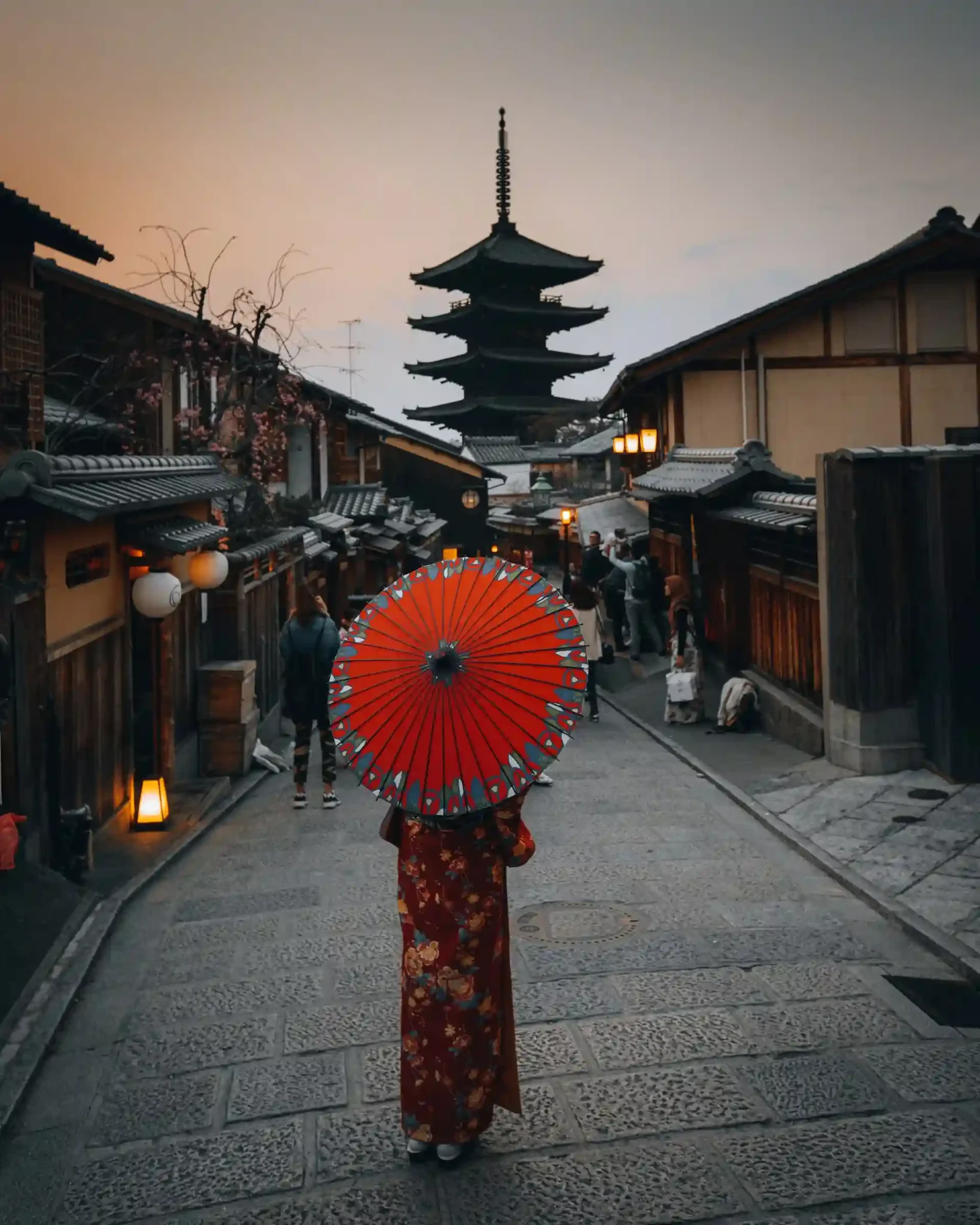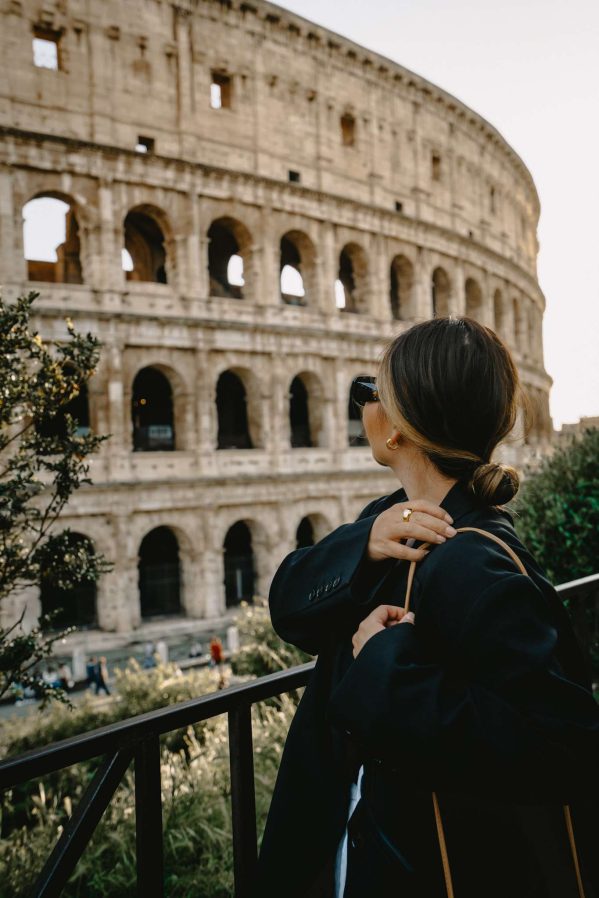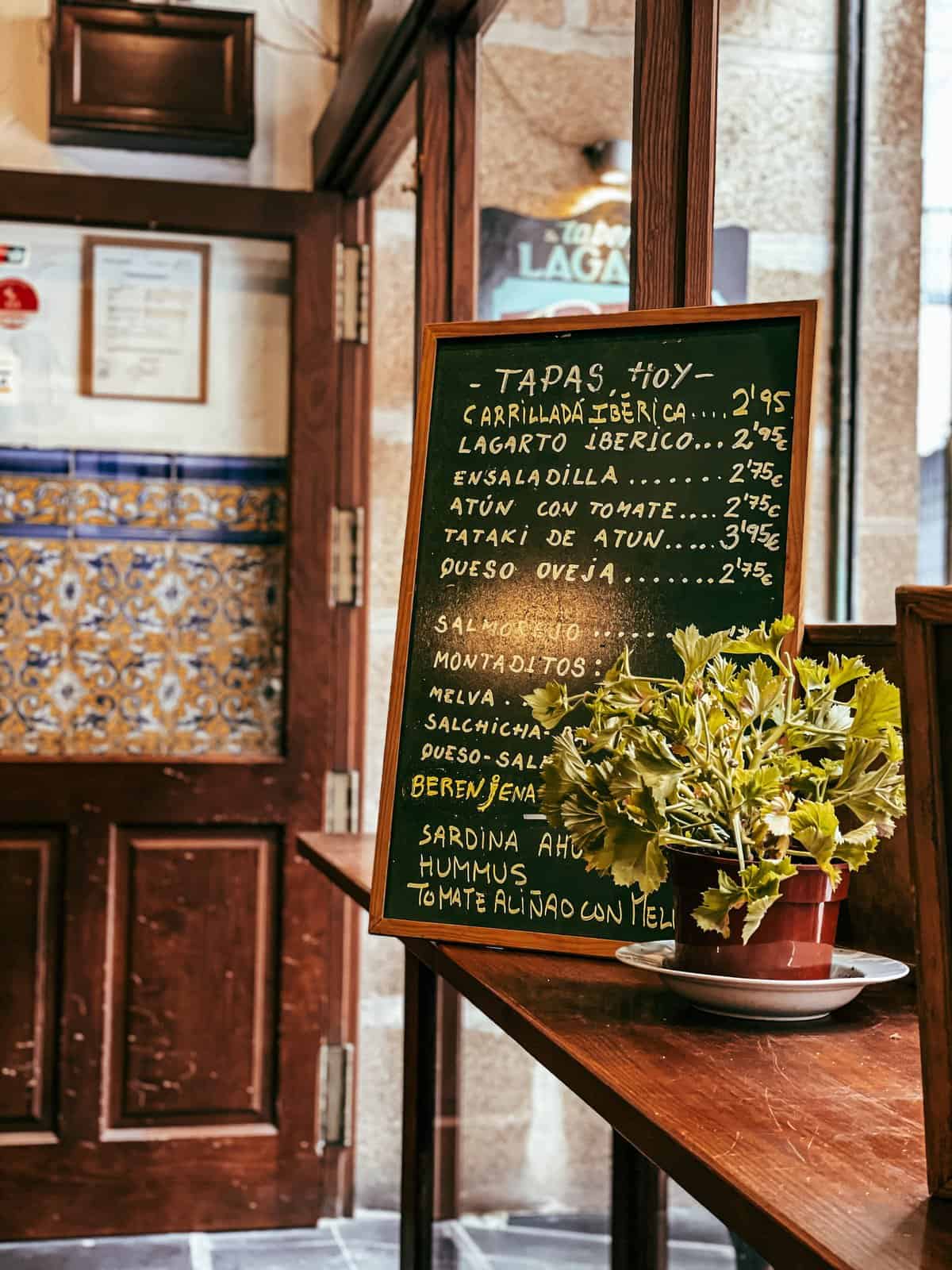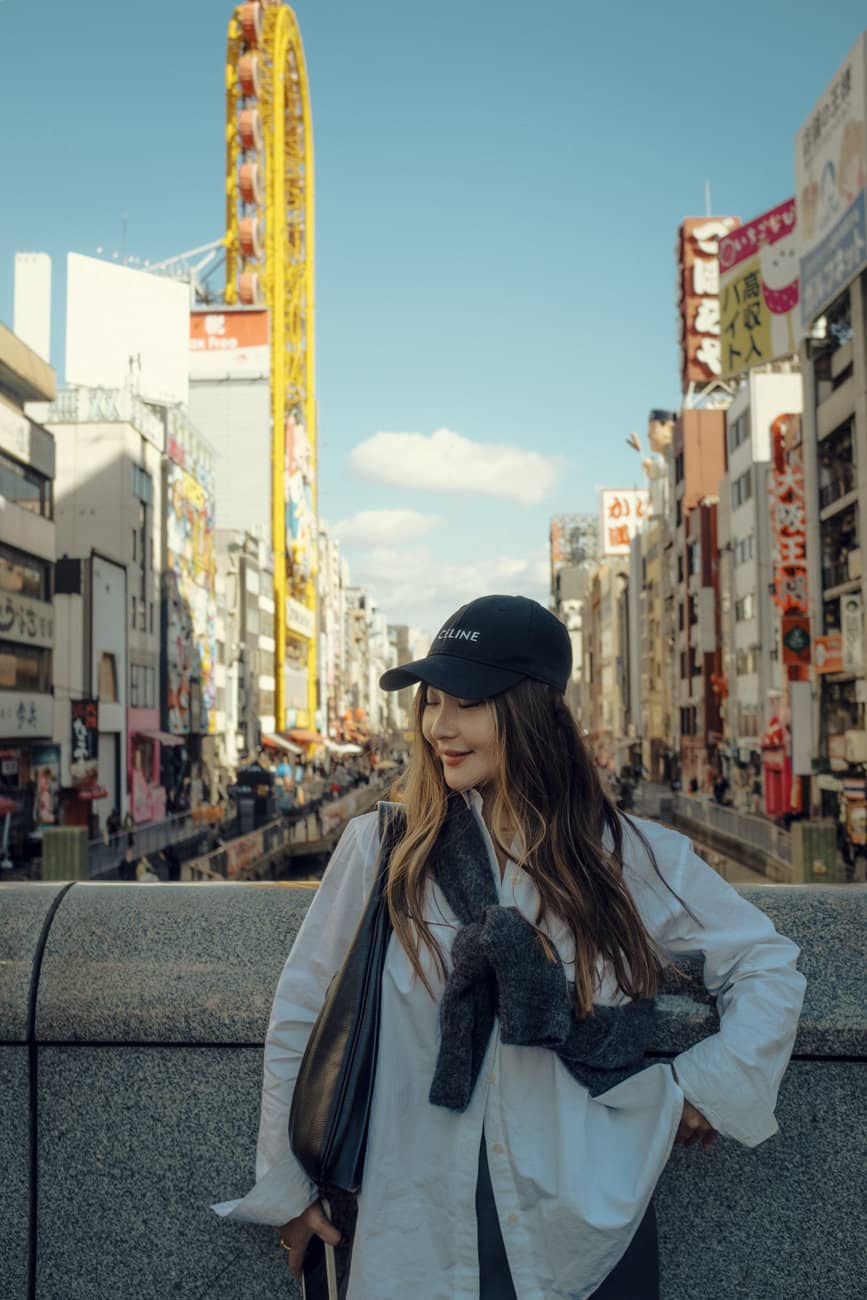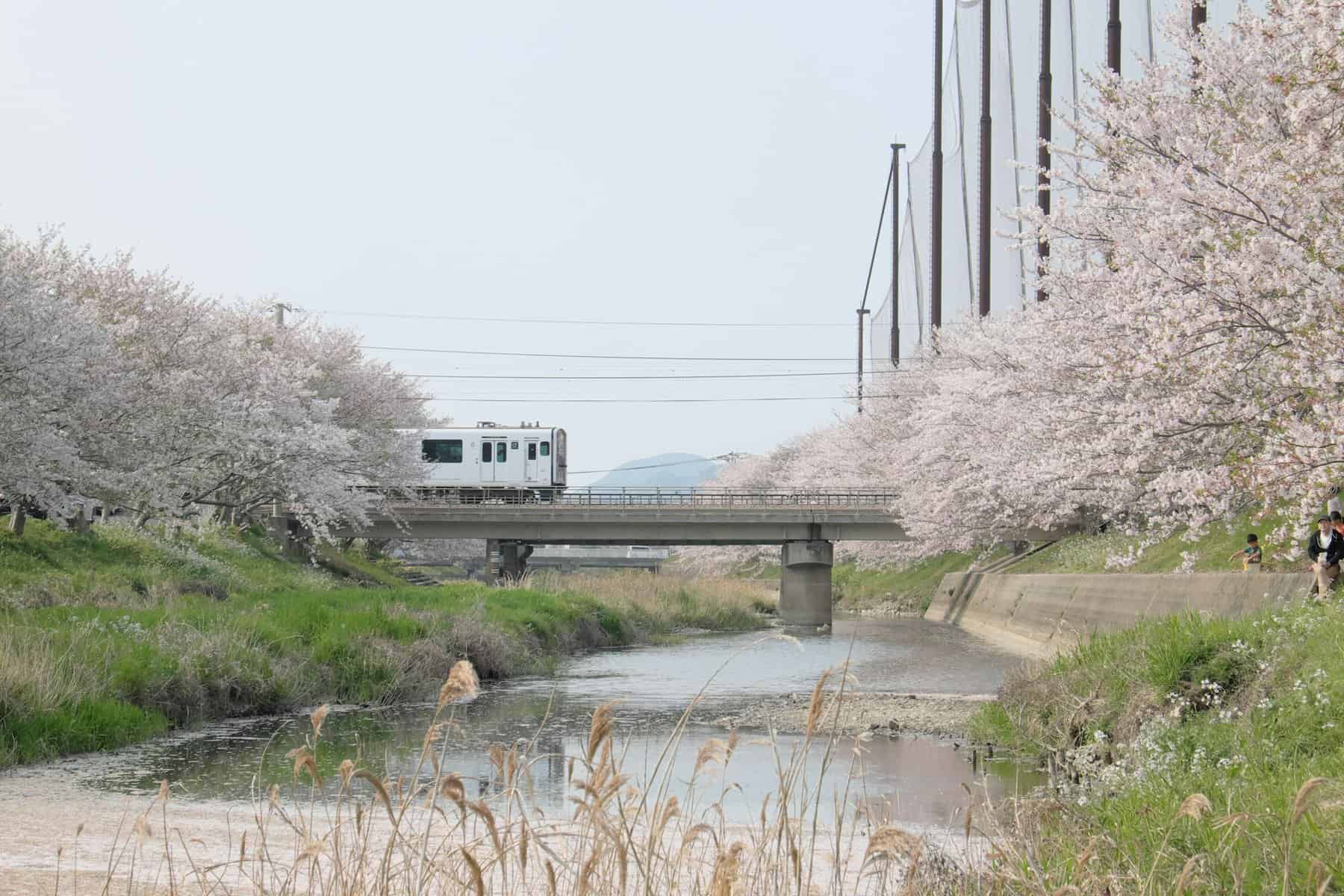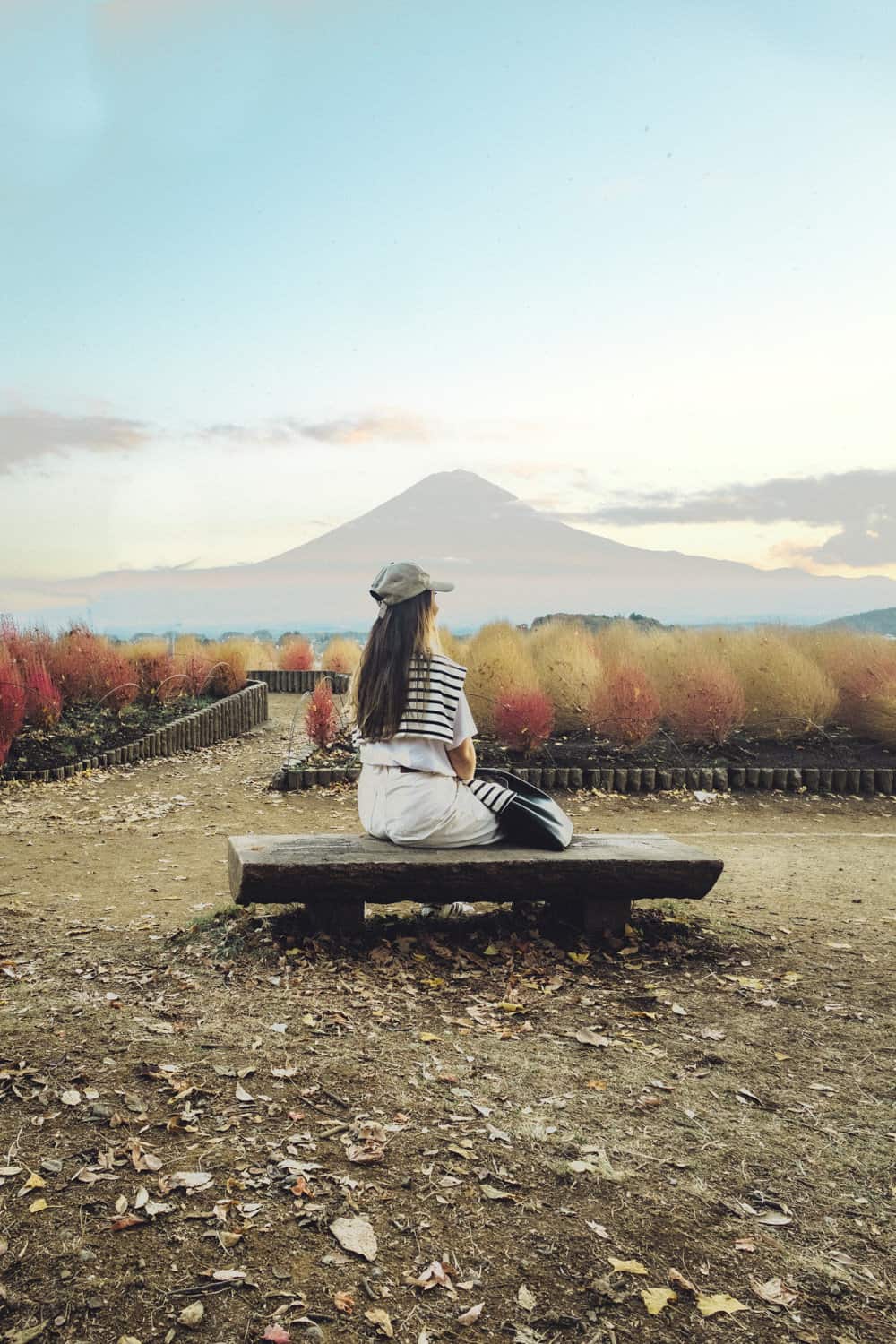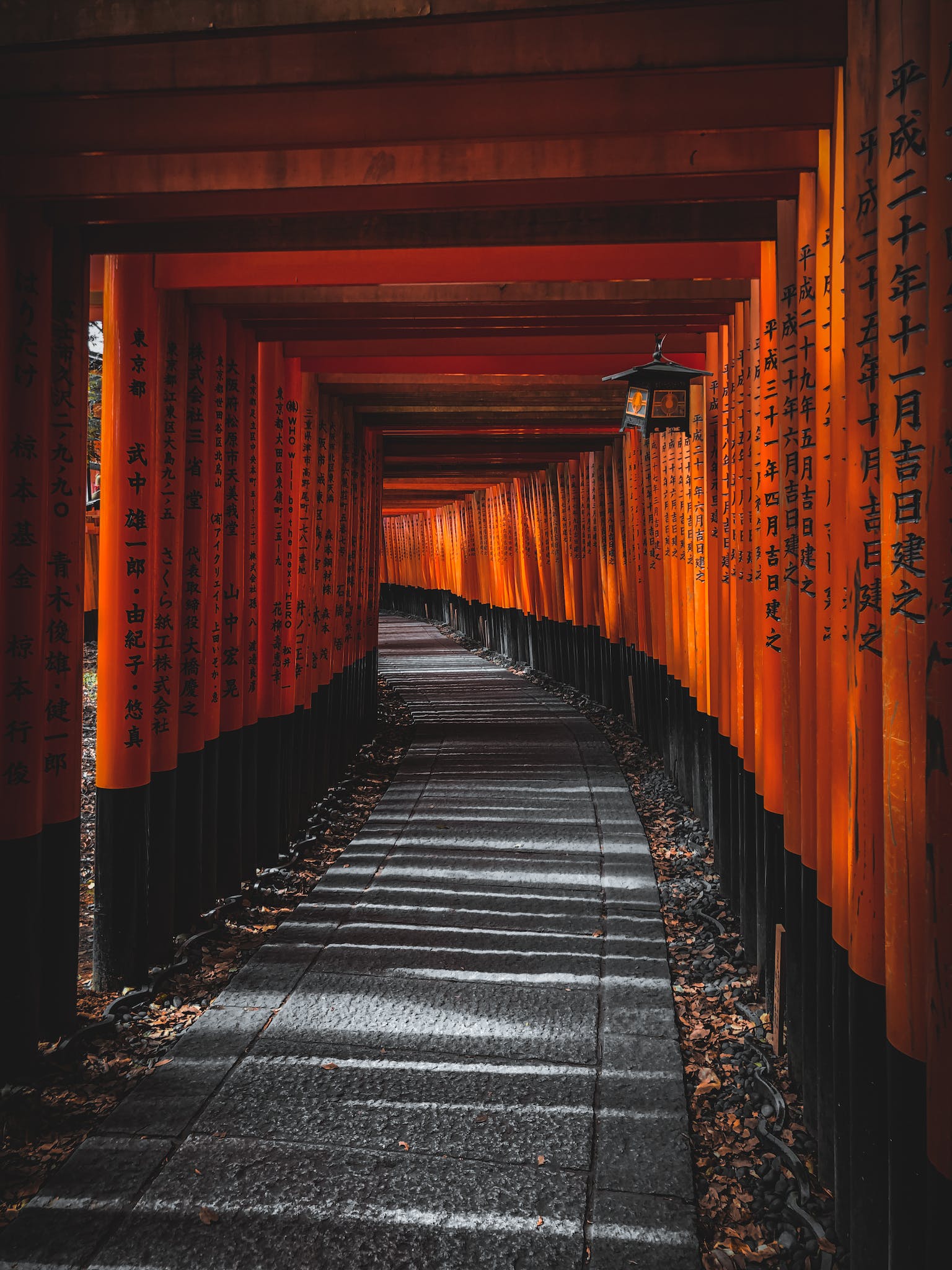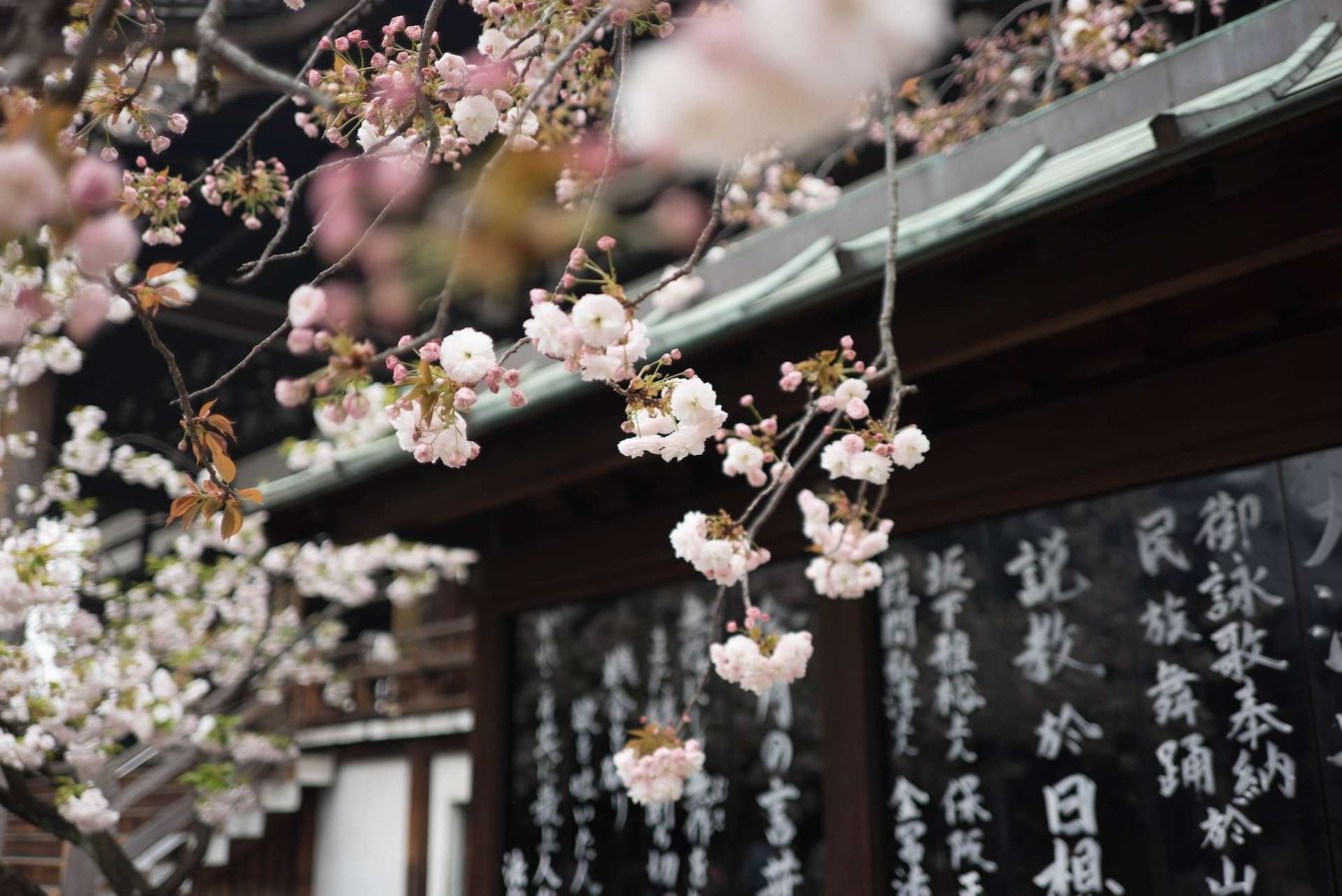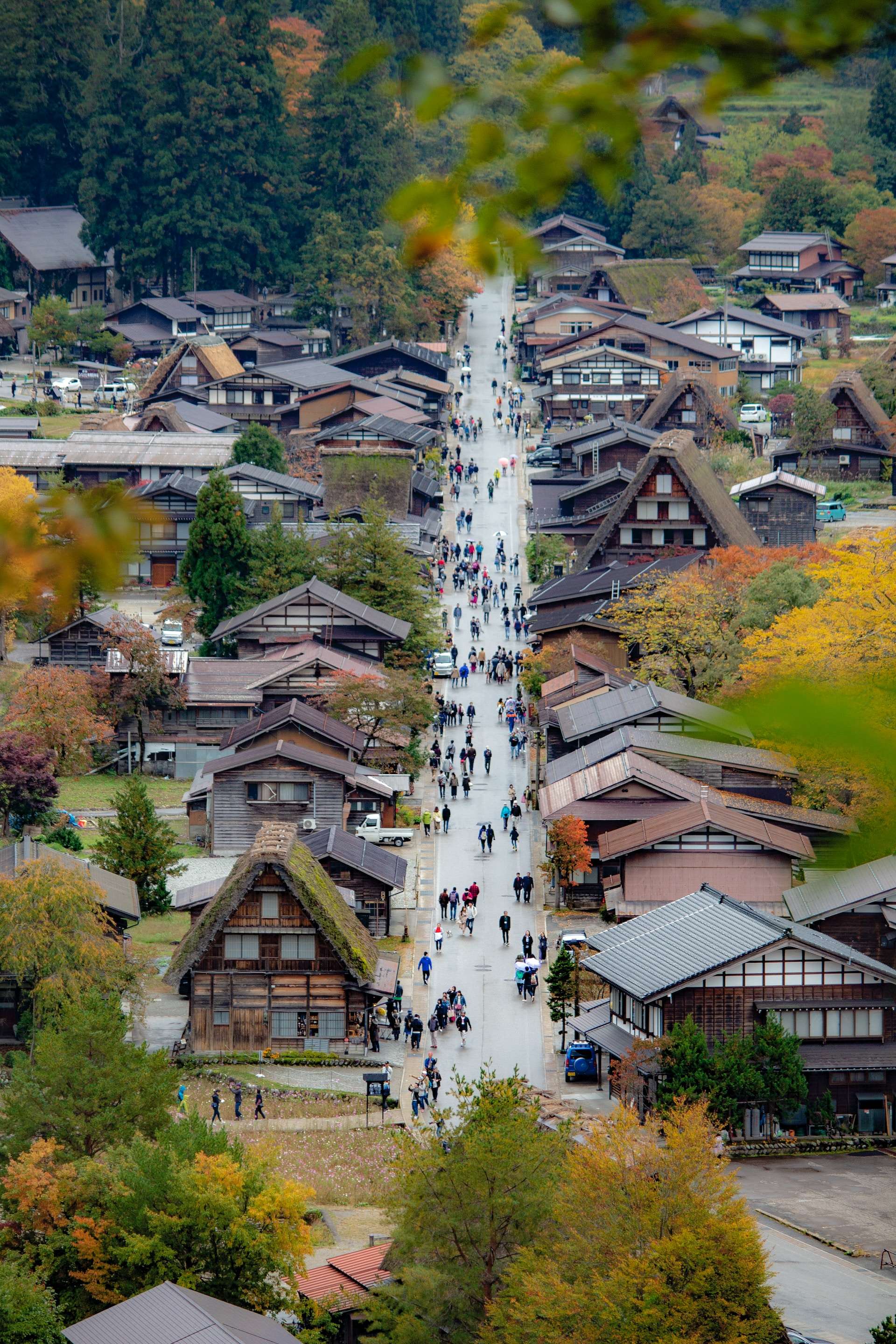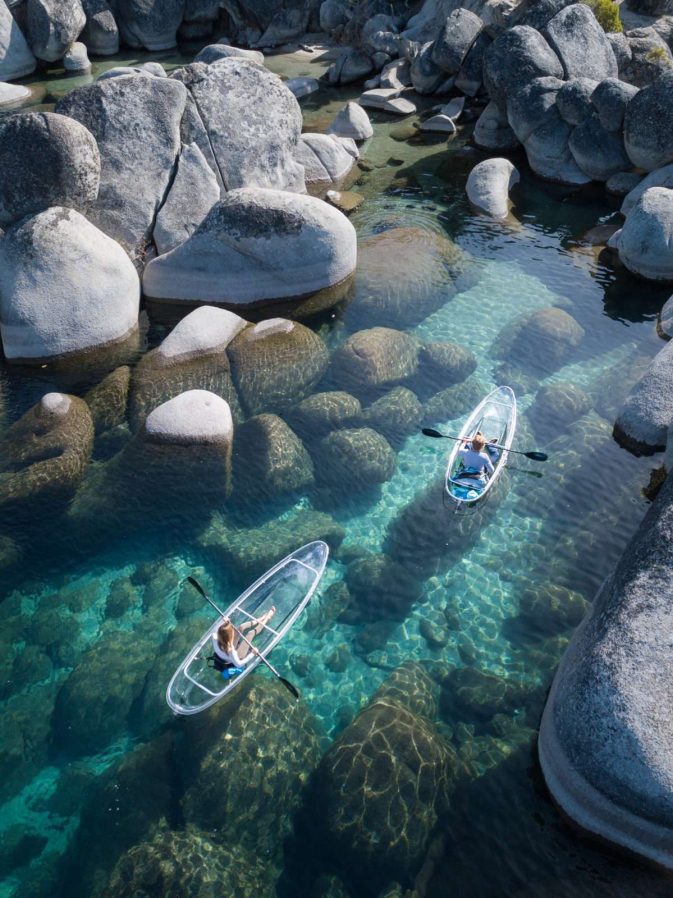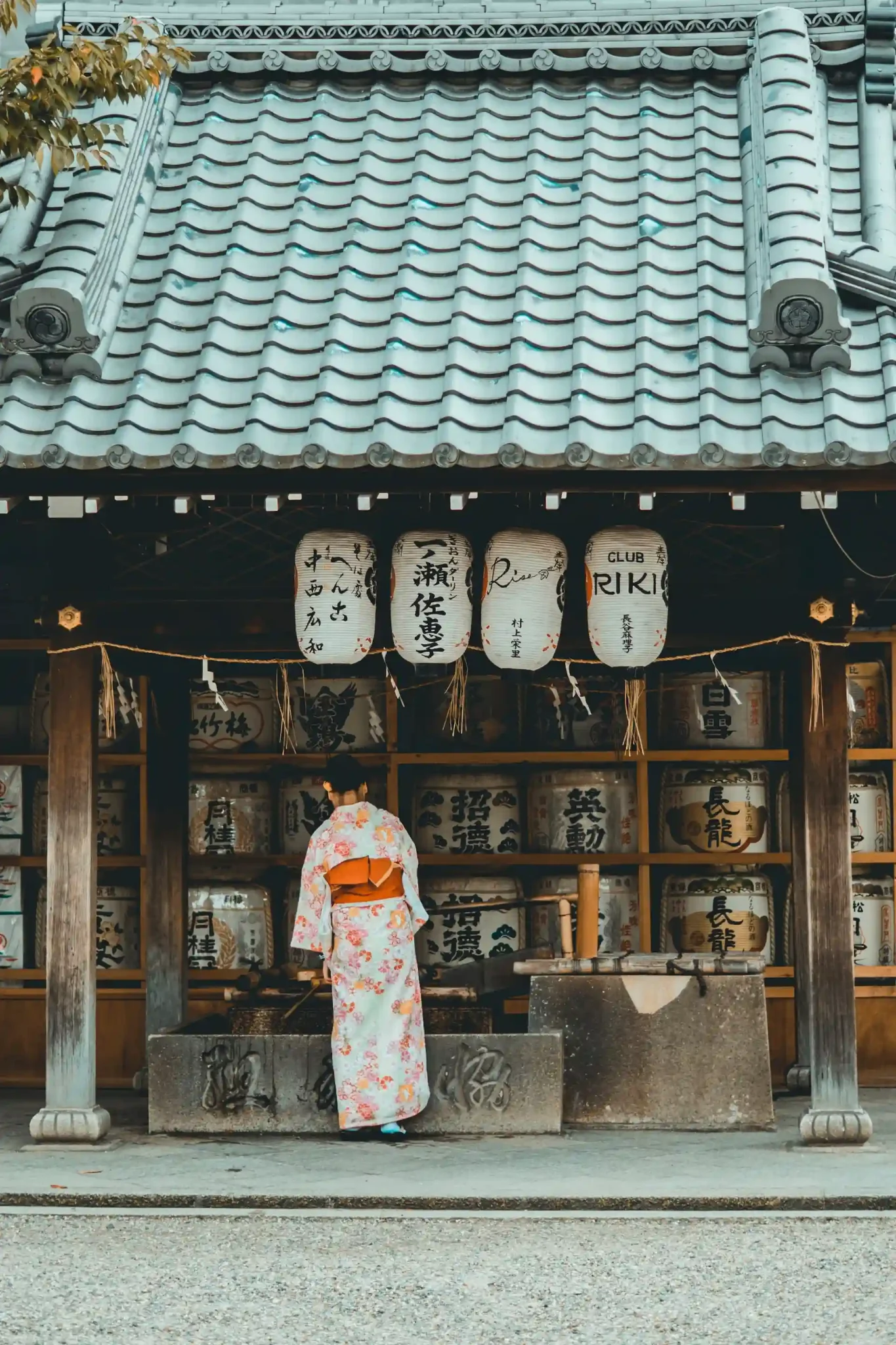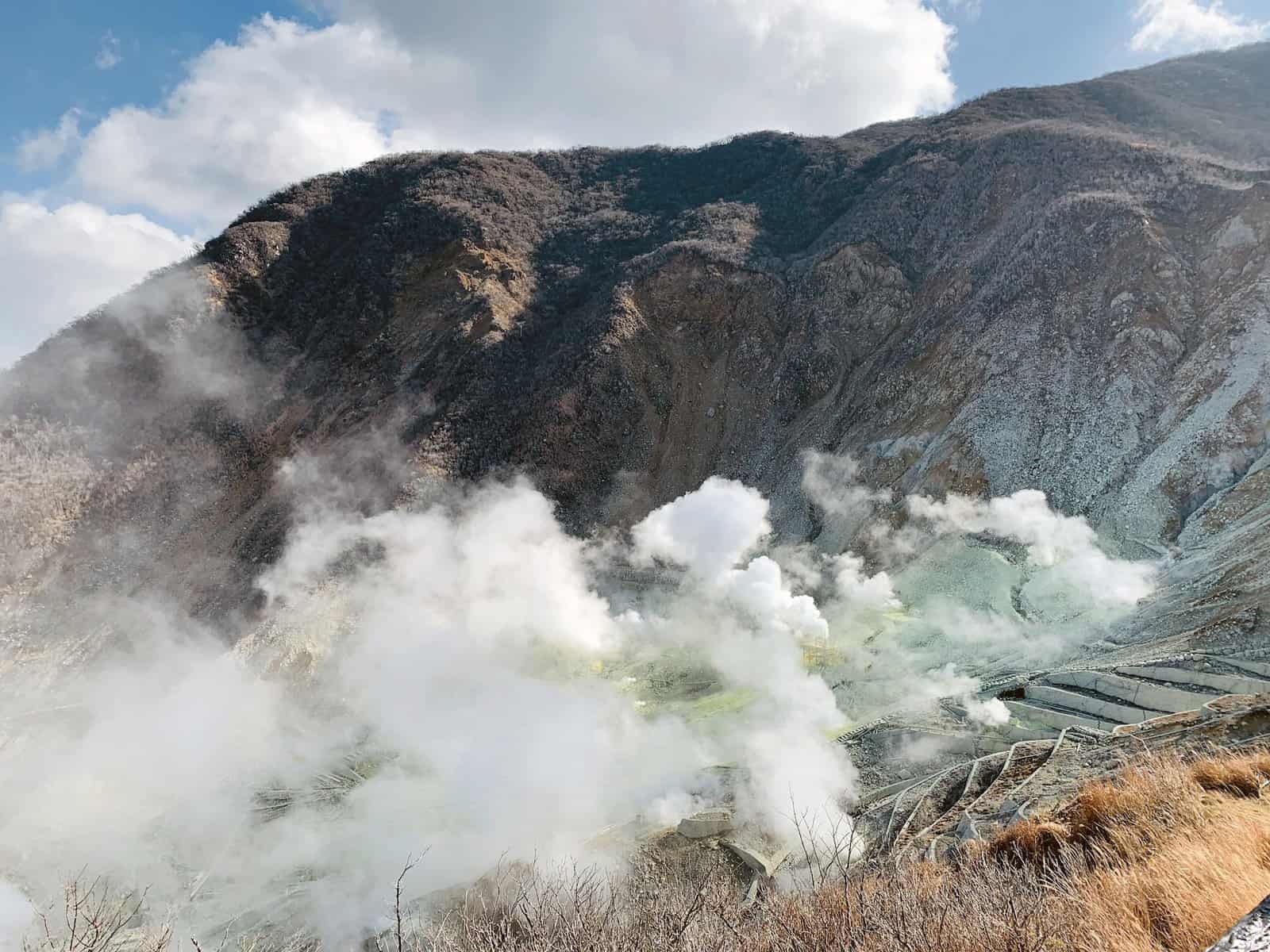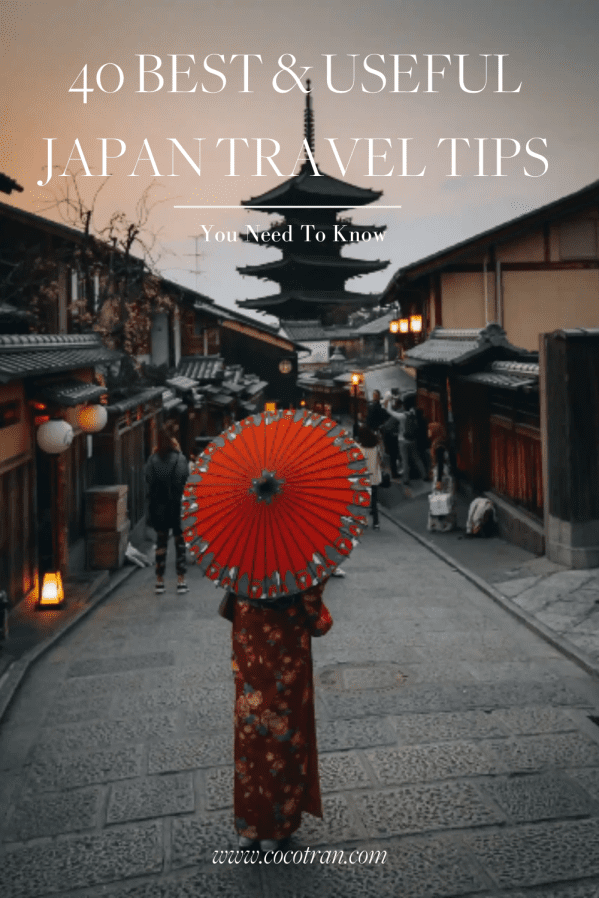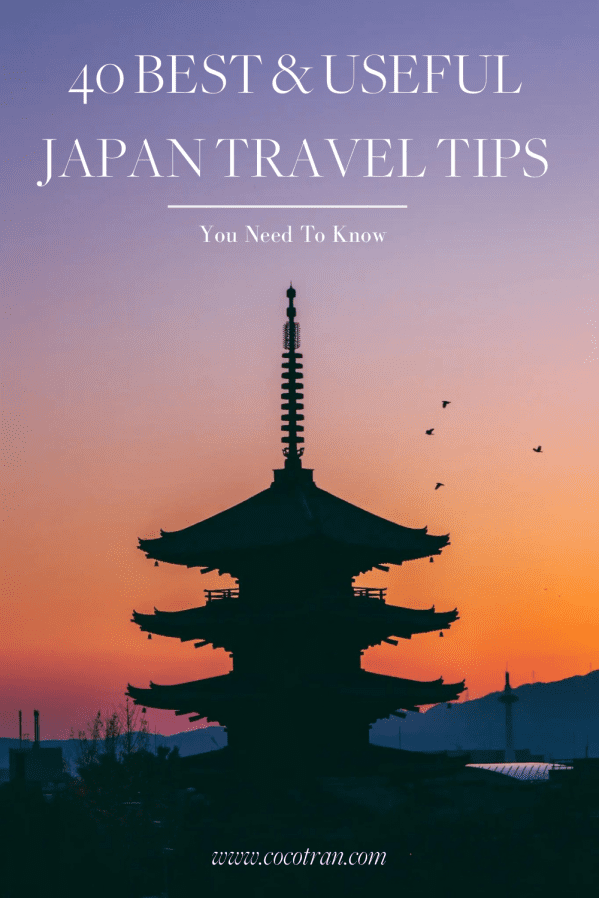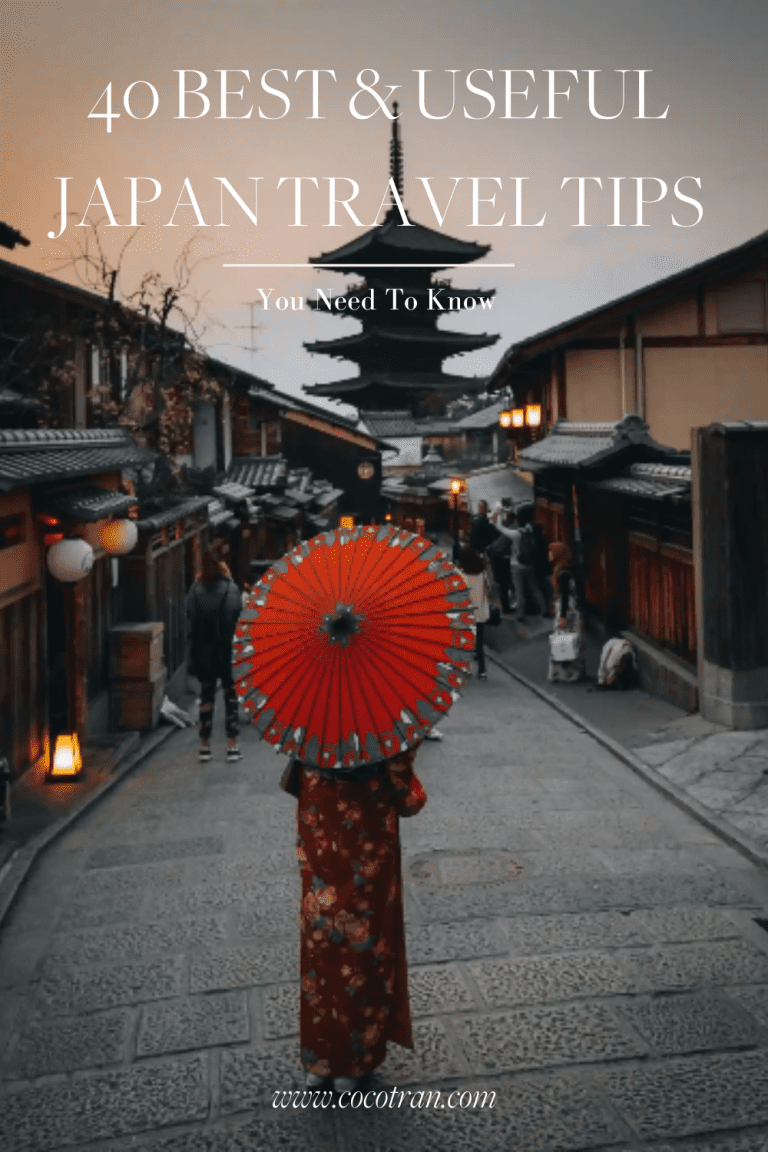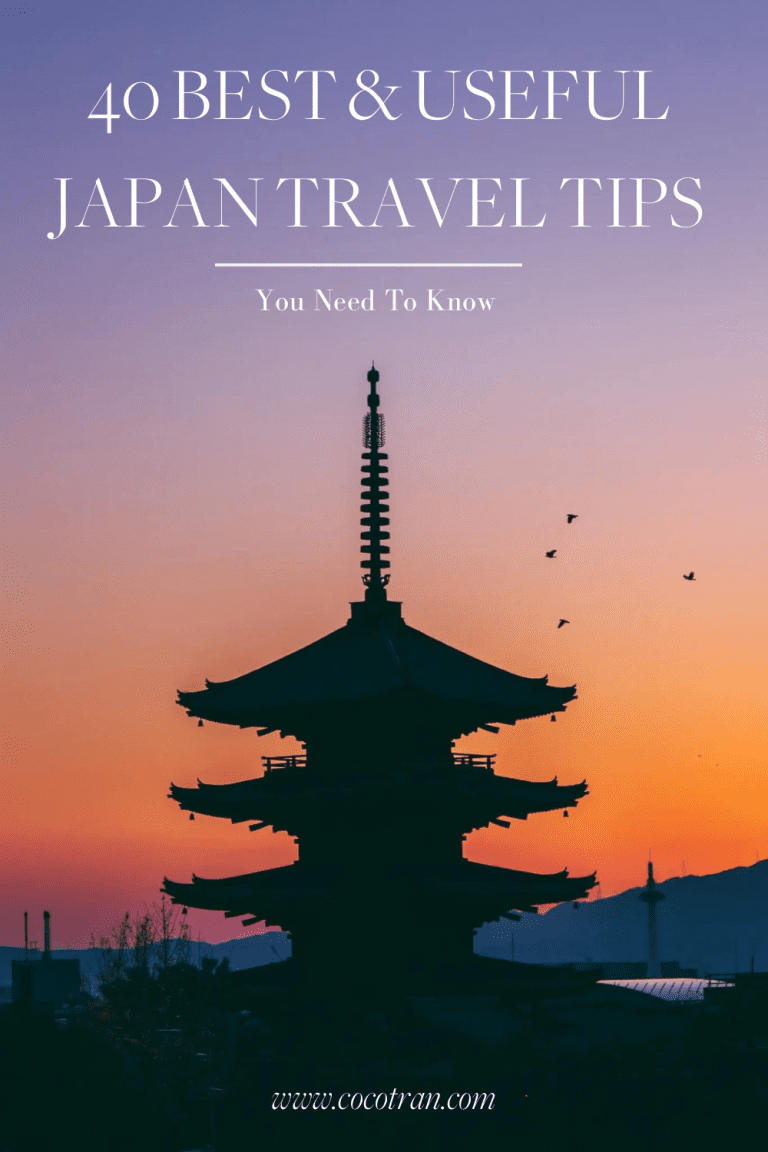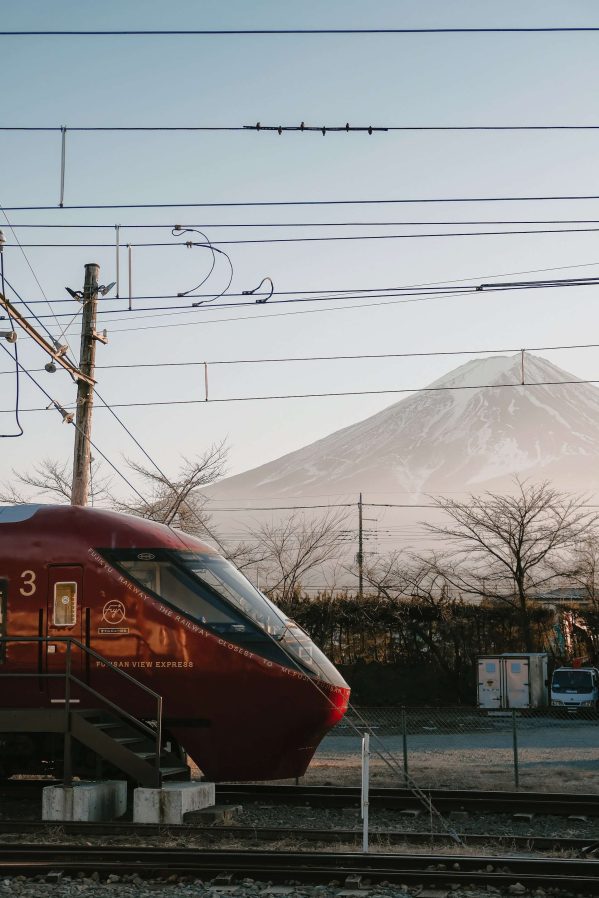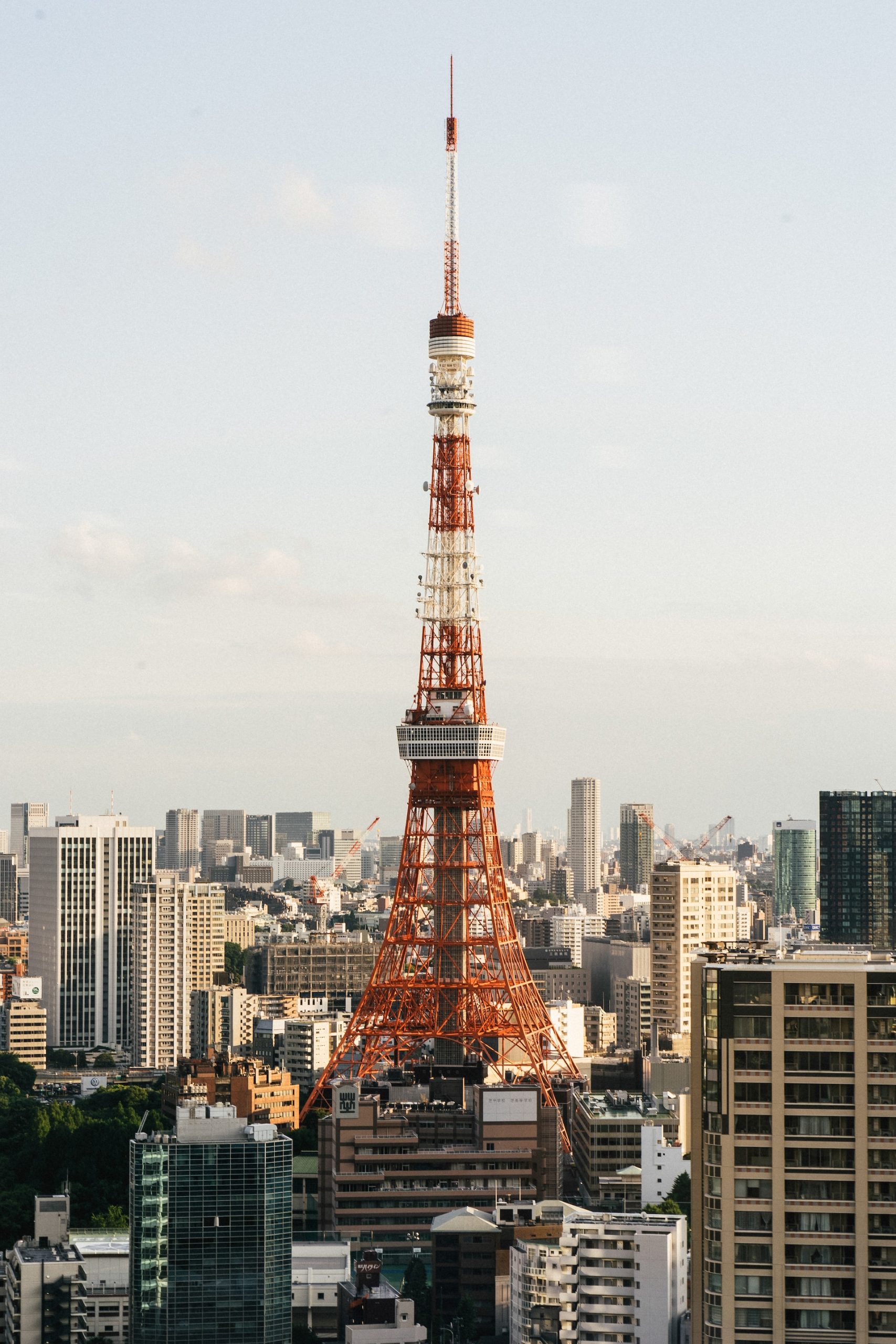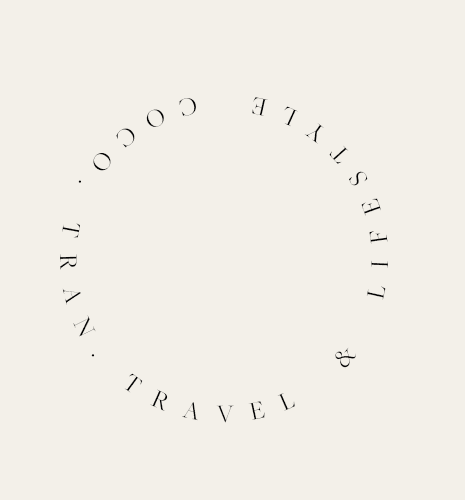Japan is a dream destination on my bucket list and everyone who’s been there has raved about it! I’ve studied Japanese for four years in high school and I’m familiar with the culture, and a recent traveler on a two week trip to Japan it’s one of my absolutely favorite countries I’ve visited. Planning a trip to Japan can be overwhelming for first-time travelers, but worry not, I’ve got you.
I’ve gathered Japan travel tips and travel tips from friends and locals who have visited Japan to help you with planning. With my top Japan travel tips and a bit of preparation, you’ll be a confident first-time traveler to Japan in no time.

First Time To Japan Travel Tips You Need To Know
During my studies about Japan, the thing that fascinates me the most about Japan is the juxtaposition and blend of new and old. The culture, food, and history are rooted in old traditions yet the technology is so far advanced. Another thing I notice about Japan is the work ethic, cleanliness, and kindness of the Japanese people. The Japanese culture is centered around the practice of mindfulness and placing great care into everything.
READY TO BOOK YOUR TRIP?
Best Travel Resources to plan your trip
more helpful travel resources
*This site contains product affiliate links, and I may get a commission, which costs you nothing extra. Thanks for your support
Out of all the places I’ve visited, Japan has been the most beautiful and unique place to date. I hope you on your trip to Japan you can experience all the beauty and warmth of the people and culture that Japan has to offer. So without further ado, I’m sharing my top Japan travel tips to help you become a confident and mindful first time visitor in Japan and make your first trip to Japan a wonderful one.
In This Article: Table of Contents
some links may be affiliate links. If you purchase using the link I may get a small commission which costs you nothing extra.
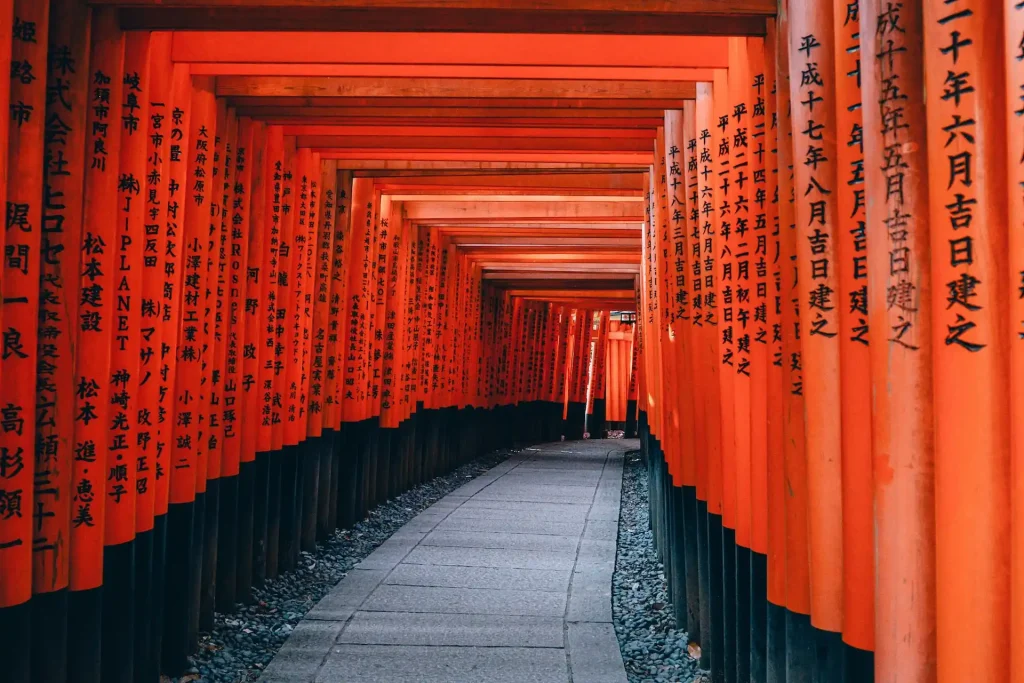
How to prepare for a first trip to Japan & Helpful Japan Travel Tips
Before you travel to Japan, there are a few tips for traveling in Japan and essential things you need to do to prepare for your trip:
1. Apply for a Japan Tourist Visa
If you’re traveling from the USA, you don’t need a Visa to visit Japan.
Although Japan requires a visa for citizens of certain countries. Check if you need a visa and apply for one as soon as possible. You can check the Japanese Embassy website or Japan’s Ministry of foreign affairs for a list of visa exemptions and requirements.
2. Check your Passport
Make sure your passport is up-to-date and has at least six months validity from the date of entry into Japan. You’ll also need a blank page in your passport for the entry stamp.
3. Get Travel Insurance
You should strongly consider purchasing travel insurance for your trip to Japan. Accidents can happen, and medical care in Japan is the most expensive cost for visitors. Make sure your insurance covers medical emergencies, lost or stolen luggage, and trip cancellations. I like to use this travel insurance, they offer reasonable rates and include medical emergencies.
4. Set a Budget For Your Japan Trip
Japan is not a cheap destination, but it’s possible to travel on a budget. You’ll need to consider the cost of transportation, accommodation, food, and activities. Research the average prices in Japan and create a realistic budget for your trip.
Related Article: How To Save and Budget for A trip
5. Learn Basic Japanese Phrases
Learning some basic Japanese phrases will come in handy, especially when interacting with locals. Japanese culture is very polite and the people are so kind they will go out of their way to help you. Be a mindful and respectful traveler, learn basic phrases such as “hello,” – “Ohayo” “thank you,”- arigato gusaimasta and “excuse me”-sumimasen will go a long way in making your trip more enjoyable.

Tips For Travelling In Japan
Helpful Japan Travel Planning Tips
6. When Is The Best Time To Visit Japan / When To Visit Japan?
The best time to travel to Japan depends on your preferences and the activities you want to do. Japan is a year-round destination, but each season brings its unique events and attractions. Japan has four distinct seasons, and each season has its unique charm.
Here’s a breakdown of the best time to visit Japan by season and the festivals and events you can expect in each season. I’d love to visit Japan in each season as they are completely different trips, but if it’s your first time visiting Japan, here are some things to consider:
Spring in Japan (March – May)
Spring is one of the most popular times to visit Japan, as it is Japan’s Cherry Blossom season. The Mifuneyama Rakuen Cherry Blossom Festival usually takes place between March 15th to April 5th. The blooms only last a few weeks, but they’re a sight to behold! This is also the most crowded and busy time to visit Japan.
When I was planning our trip the first time, it was for the cherry blossoms in March of 2020, but it was disrupted due to Covid. But this time I’m planning to see the fall foliage.
Spring is also a great time to enjoy outdoor activities like hiking and the weather is mild but it can be humid and warm. Another thing to consider is one of the most popular holidays in Japan during Spring, is Golden Week or ‘Ōgon Shūkan is a week from 29 April to early May.
Summer in Japan (June – August)
Summer in Japan is hot and can be humid, but it’s also the season for festivals in Japan! The Gion Matsuri in Kyoto and the Nebuta Matsuri in Aomori are two of the most famous festivals. This is also one of the least crowded times to visit Japan.
Fall in Japan (September – November)
Fall in Japan is a beautiful season, with the leaves changing color to deep red, burgundy, and yellow. It’s also the season for the harvest festival.
Some popular festivals during this season include the Jidai Matsuri in Kyoto, the Kurama Fire Festival in Kyoto, and the Takayama Autumn Festival. I’m excited to travel for fall foliage in November! Fall is the second most popular time and busy time to Visit Japan.
Winter in Japan (December-January)
Winter in Japan can be cold and snowy, but it’s also a great time to enjoy winter sports such as skiing and snowboarding. Hokkaido and Sapporo have awesome snowboarding and unique onsen (hot springs) experiences worth checking out. The most famous winter festival in Japan is the Sapporo Snow Festival, which features massive snow and ice sculptures. Other festivals during this season include the Otaru Snow Light Path Festival and the Nagasaki Lantern Festival. Winter in Japan is also the least crowded time to visit Japan.
7. Decide Where To Go in Japan
Japan has many destinations to choose from, each with its unique charm and attractions. Research the places you want to visit and create a rough itinerary. Keep in mind that Japan is a vast country, and traveling from one destination to another can take time. Consider the location and transportation when planning your itinerary.
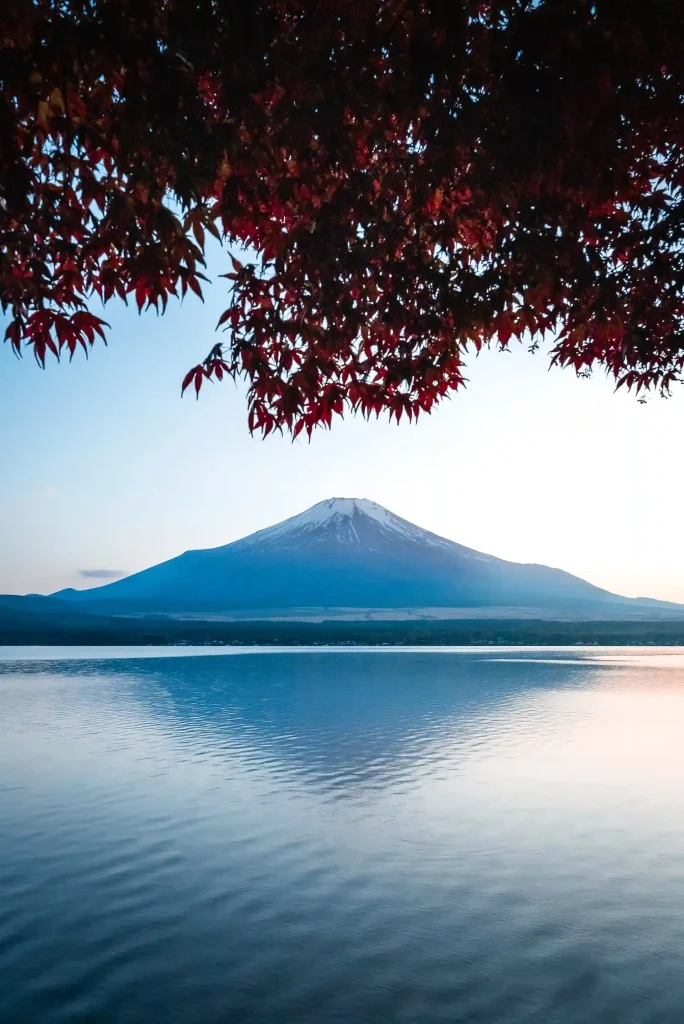
8. Create a rough Japan Itinerary
Once you know where you want to go, create a rough itinerary to help you make the most of your time. Be sure to leave some flexibility in case you want to make changes along the way
9. Purchase The JR Japan Rail Pass
iIf you plan to travel around Japan, especially if you’re going round trip from Tokyo to Kyoto buy a Japan Rail Pass this alone will pay for the pass itself.
This pass allows unlimited travel on Japan Railways trains and is only available to foreign tourists and it must be purchased before you travel to Japan. With the recent announcement of the price increase in the Rail Pass price, it’s an even better deal currently.
I purchase my Japan rail pass here. They offer free shipping and a discount code if you sign up for the email newsletter.
Keep in mind that the JR pass doesn’t cover all routes! Assuming so will leave you disappointed and confused. I recommend reading my article here explaining in detail about the JR rail pass and navigating the massive rail system.
Japan Travel Tips
10. Purchase Tickets for Popular Attractions in Advance
Some popular attractions, such as the Ghibli Museum in Tokyo, require advanced ticket purchases. Be sure to purchase them in advance, you can see the most popular attractions and purchase tickets in advance here.
11. Fly into Henada Aiport in Tokyo Instead of Narita
Haneda is in Tokyo as well, but it is much closer to downtown Tokyo. By flying into Haneda and getting to Tokyo you’ll save yourself valuable time.
RETALED: Haneda vs Narita & How to get from Haneda to Tokyo Center
From Narita airport, it takes about 1.5 hours and a taxi is very expensive (upwards of $300+ USD). The Japan Railway system is very efficient, but it is not easy to navigate especially after a long flight carrying luggage.
I’d recommend booking a private transfer or booking a shared shuttle ahead of time. (links are underlined)
12. Book Accommodation in Japan In Advance
Accommodation in Japan can fill up quickly, especially in popular cities like Tokyo and Kyoto. I’d recommend booking your accommodation well in advance (at least 6+ months early), especially if you’re traveling during peak season or in smaller towns/provinces. I book my accommodations here: Check Prices and availability here, they offer reserve and pay later and have flexible cancelation policies!
13. Purchase or Rent a Pocket Wifi
What is pocket wifi you ask? It’s a handy wireless pocket router that will make navigating the train and enable you to use google translate on the fly.
I don’t usually mind using free wifi when traveling, but in Japan, pocket wifi is a must. It’s easier than fumbling with sim cards and less expensive than the ridiculously expensive data plans with your wireless provider.
RELATED: Esim Vs Pocket Wifi
Also, you can share your wifi with up to 10 people at once. So to ease navigation and use google translate to help read the menu and communicate with locals you have three options:
- Rent a pocket wifi here, or purchase one (I travel often so purchasing one made more economical sense. This is the one I used and purchased for Italy and Japan)
- Purchase a SIM card
- Purcahse Esim Card
- Get a very expensive international plan with your wireless provider
14. Get the Suica Card In Advance
More useful tips when traveling to Japan get the Suica card. This is the most convenient way to travel around Tokyo. You simply tap the card and it deducts the ticket amount from the card
Related: Ic cards all you need to know PASMO vs Suica card
Kind of like the NYC Subway card. Even with the JR Rail Pass some of the lines are not valid with it. I purchased the card ahead of time and picked it up at the airport when redeeming my JR Rail Pass. Reserve your Suica Card here.
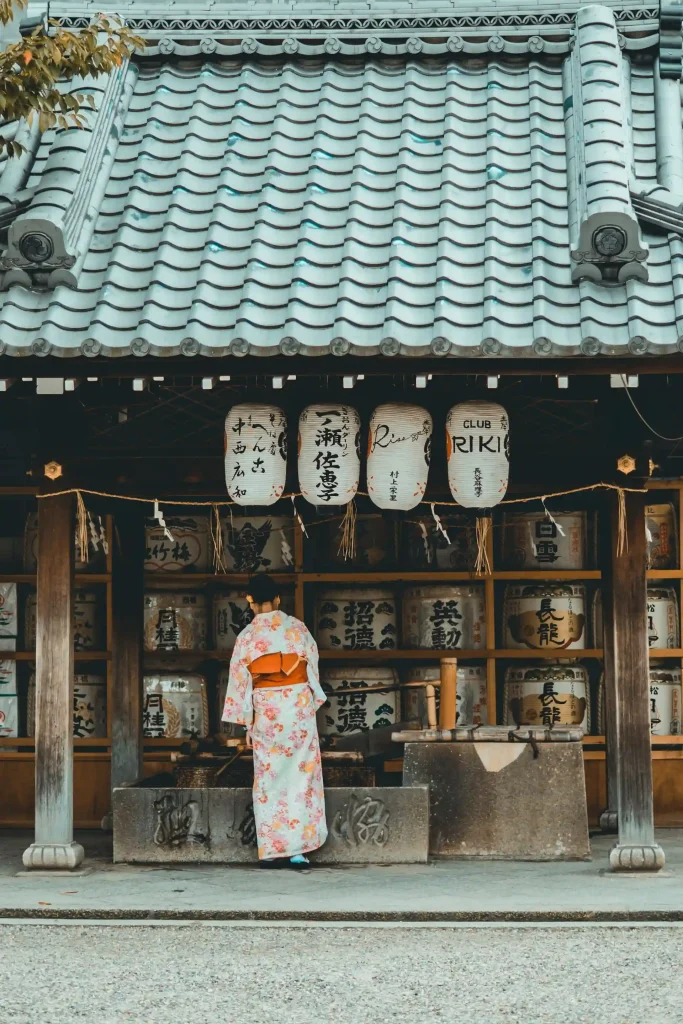
japan travel tips to know: Things to Know Before Traveling to Japan For The First Time
Travel Tips For First Time in Japan
Before traveling to Japan, there are some travel tips you should know as a first time in Japan to avoid culture shock or misunderstandings. Here are some things to keep in mind:
15. Carry Cash and a Coin Purse in Japan
Another important Japan Travel Tip. While credit cards are accepted in most places, from my experience, a lot of restaurants in Japan are small and family owned and take cash only.
Even some attractions like museums and shrines and temples take cash only. So it’s handy to have cash on hand. Japanese currency uses a lot of coins! I ended up with a purse full of coins on the bottom. So take my advice and carry a coin purse for all the coins!
japan travel tips: things to know before going to japan
16. ATMS are Easy To Find and Cheap To Withdraw Money From in Japan
You don’t need to convert your money at home or at the airport. There are plenty of ATMS in Japan’s major cities. You can find them in convenience stores (7-Elevens, Lawsons, etc.)
Most of these ATMS are open 24/7. The fees are minimal. I paid about $1 -$2.5. Although some places have a minimum withdrawal amount. of$100, so I would avoid 7/11 if you can!
17. Trash Cans are Rare
Japan is one of the cleanest cities I’ve visited, so why are there no trashcans anywhere?! Because all the citizens take great pride in keeping their cities clean.
It’s truly amazing how everyone carries their trash with them and disposes of trash at home. From my experience, carry a small reusable bag to put your trash into and place it in your backpack. You can go into the convenience stores if you need a trash bin.
18. Public Toilets are Plenty and Free
The Japanese bidet toilets are next level and they are all over Japan. But there isn’t hand soap or hand drying tissue at many public toilets so bring a small microfiber hand towel and or hand sanitizer.
19. Walk On The Left Side
This Japan travel tip will keep you from being confused when walking in public. Remember to keep left at all times. This will keep you from colliding into people.
20 Taxi Doors Open Automatically
A great Japan Travel tip that will keep you from looking confused. The Taxi doors in Japan open automatically! So don’t reach for handle.
21. JR Rail Trains & Luggages on Trains in Japan
There are new rules for items of luggage larger than 160cm in total, as you now are required to make advance seat reservations. You won’t pay extra for reservations but will be fined if you do not follow the rules more details on JR Central.
A better way and more convenient way to travel with luggage is to have your luggage forwarded to your next destination for a small fee. You can book this in advance or request this service at your hotel reception.

22. Bring a power adaptor
You will need one so make sure to bring one with you! This is the one I used
23. Luggage Storage in Japan
, Japan has a great system for luggage storage. Many train stations and airports have coin lockers available for storage, and there are also luggage storage services available in major cities. These services are a great option if you need to store your luggage for a few hours or even a few days.
24. Try The Food Specialties of Each Region
Japanese cuisine is amazing! Each town and region in Japan has their specialties
25. Lines Are Very Long For Popular Restaurants
Tokyo has some of the longest lines ques I’ve seen anywhere in the world. I’m talking about 3+ hours for popular restaurants. I recommend minimizing wait times by picking 1 place a day you want to eat at and getting there an hour before they open to get in line.
26. Take Photos of Your Addresses
This Japan travel tip will save you some stress! Japanese addresses are very complex, take a photo of your address and save it to your phone. This will save you if you need to ask for help with directions.
27. Google Translate and Google Maps is Essential
Another great Japan travel tip is to make sure you download google translate and google maps. Google maps makes it so convenient for train schedules. Most Japanese menus are in Japanese, so using Google tranlate will translate text via your video camera in real life!
important japan travel tip to know:
28. tipping in japan guide
Tipping is Considered Rude in Japan
This may surprise you, as a tip is usually a sign of a good gesture, but in Japanese etiquette, it is considered rude and frowned upon. Japanese culture values hard work and excellent service and doing things with great care and attention to detail.
29. 0% THC Policy and Tolerance In Japan
Japan is conservative in some aspects. Don’t bring any CBD or THC-containing products into Japan. Japan has a zero thc policy and has severe criminal offenses for tourists who do not follow this rule. Don’t do it, it’s not worth it.
30. Bowing in Japan is Common and a Sign of Respect
Bowing is a common greeting in Japan. It’s a sign of respect and shows that you’re acknowledging the other person’s presence. When meeting someone for the first time, a slight bow is appropriate.
If you’re meeting someone of higher status, like a business executive or government official, a deeper bow is expected. Even the deer in Japan bow in Nara. So it’s common to bow in Japan! Think of it as the Western head nod.
There is a degree to the bow that also matters: Bow at least 30° to show respect to those you are not close to. 45° to anyone important. The deeper the bow the more respect
31. Removing Shoes In Japan is Required
Another important Japan travel tip. In Japan, it’s customary to remove your shoes before entering someone’s home or certain public places like temples or traditional restaurants. Look for a sign that says “shoes off” or ask if you’re not sure.
tips for travel to japan
32. It’s Customary To Accept Something Given To You With Both Hands
Take everything given to you with both hands as a sign of respect/thanks followed by a slight bow.
33. Don’t walk and Eat
This may be so foreign, another important japan travel tip to know in Japan, I noticed that it’s highly frowned upon and there are clear signs vendors will have that ask you not to eat and walk!
So, take notice and sit down to eat. This helps to keep the streets clean and tidy.
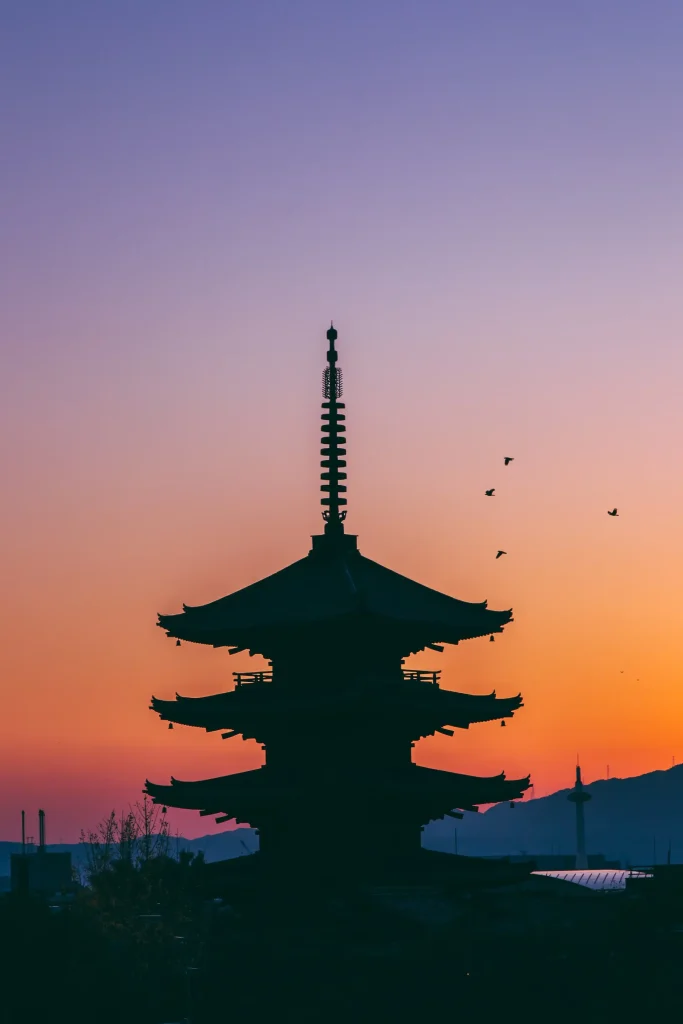
34. Another important japan travel tip to know: Be Quite On Trains/Buses
Another interesting travel tip in Japan. I noticed public transportation in Japan is very quiet, and loud conversations or phone calls are considered rude.
Keep your voice down and put your phone on silent mode. If you don’t follow the above you’ll stick out like a sore thumb as Japanese are very mindful and considerate of others and follow the rules as they do not want to impose on your space.
35. Eating & Drinking Etiquette in Japan
When eating or drinking in Japan, it’s polite to say “itadakimasu” before starting and “gochisousama deshita” after finishing. Also, slurping noodles is considered a compliment to the chef.
36. Another important japan travel tip to know: Using chopsticks in Japan
Chopsticks are a common utensil in Japan, but using them can be tricky for beginners. Never stick chopsticks upright in a bowl of rice, as this is seen as a sign of death. Also, don’t pass food from your chopsticks to someone else’s, as this is reminiscent of a funeral ritual a big no no.
37. Tattoos Are Not Allowed in Certain Places
Another important japan travel tip to know: Although some of the rules in regard to tattoos are more relaxed, in the majority of public spaces such as templates, hot springs, and shrines tattoos are not allowed. So make sure you know the rules before you go inside such places.
38. Onsen Bathing Etiquette
Public baths, or onsens, are a popular activity in Japan. Before entering, make sure to wash yourself thoroughly and avoid bringing a towel into the bath. Tattoos are often not allowed in onsens, so check the rules beforehand.
39. Don’t Point in Japan
Another important japan travel tip to know: Pointing is considered extremely rude in Japan. So don’t point at anyone or anything.
40. Safety Travel Tips For Japan
Japan is one of the safest countries in the world. Although you should always practice common sense and safety precautions. From my experience, I’ve never felt threatened in danger. Generally, people are kind and helpful, and very considerate in Japan. Here are some general safety travel tips in Japan you should be aware of:
- Women only trains: There is a concern in Japan about women getting groped in trains. So there are woman only trains.
- Earthquakes are common in Japan: they can be devastating and occur more frequently, make sure to be aware of what to do during an earthquake. It’s a good idea to have emergency evacuation a part of your travel insurance.
Conclusion
Japan is a fascinating and unique country that offers a lot to take in. I hope by following these first-time Japan travel tips you’ll be able to navigate the language barrier, customs, and transportation system with ease, and fully enjoy all that Japan has to offer! Things you need to know before traveling to Japan, to recap:
Ultimate japan travel planning Guide
Planning a trip to japan:
find these helpful articles and resources to plan your trip to Japan:
Tokyo City Guide:
Kyoto City Guide
Takayama City Guide
Kanazawa City Guide
Osaka
nikko
Hakone
Fukuoka
Japan Travel Guide:
Helpful Japan Travel Tips | tips for travel to japan
FAQ
Still have questions?
If you cannot find an answer to your question in our FAQ, you can always ask in the comments below!


